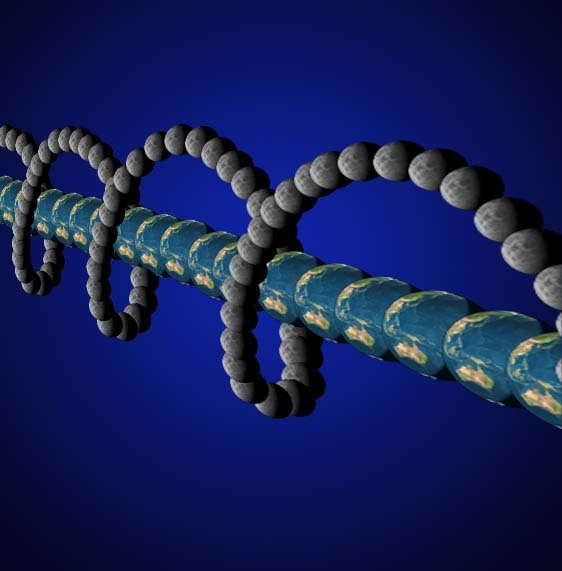http://us.rd.yahoo.c...dc&e=2&ncid=585Failed Separation Surgery Fuels Ethics DebateWed Jul 9, 2:55 AM ET Science - Reuters
By Richard Hubbard
SINGAPORE (Reuters) - Prayers were held on Wednesday for conjoined Iranian twins who died after a marathon separation operation as a debate erupted over whether the pioneering surgery should have even been attempted.
The 29-year-old sisters, Ladan and Laleh Bijani, had made it clear they were willing to risk death in high-risk surgery for a chance to pursue separate dreams and live out their lives in different cities.
"They gambled and have lost," was the verdict of Singapore's Straits Times newspaper, which nevertheless noted the unprecedented procedure was "history in the making."
Iranians in the city state were in a somber mood as they gathered to hold prayers for the two women at a private home.
"I think the doctors have an obligation to fulfill the wishes of their patients," said Ali Homayouni, 25, an Iranian law student who had visited the twins in the hospital.
"It was their duty to make sure they do the best job they could given the circumstances," he said.
MEDICAL EXPERTS CRITICAL But medical experts were more critical, concerned about the haste and motives behind the surgery.
"There are troubling aspects about this case," Dr Ian Kerridge, Associate Professor in bioethics at Sydney University's Center for Values, Ethics and the Law in Medicine told Reuters.
"...and one of them was the statement by one of the surgeons that they found it was more difficult than they had expected. To me that sets off a little bit of an alarm bell."
Kerridge suggested doctors could have let the girls wait for a year, talk to people who have not had the surgery or to people who felt it was wrong.
The man who had adopted and brought up the sisters in Iran, Alireza Safaian, a doctor himself, wept as he spoke to Reuters at his home in southwestern Tehran of the decision by his daughters and the Singapore doctors to go ahead with an operation.
"When they took them to Singapore, I knew they would bring back their bodies. They took them there and killed them."
Twins joined at the head occur once in every two million live births. A separation operation had never been tried on adults.
DOCTORS DEBATE MOVE Dr Keith Goh, who led the team of 28 specialists and 100 assistants in the 52-hour long operation, defended the decision.
"I think that for those of us who were here over these last three days, for those of us who flew in from all over the world...the time and commitment is a convincing indication of their belief that the decision is correct," Goh told a news conference.
Ben Carson, director of pediatric neurosurgery at Johns Hopkins University in Baltimore who flew in for the operation the operation was worth it "even recognizing that the odds were not good. I think it was a worthy humanitarian effort."
But a neurosurgeon in Germany who declined to separate the twins when they were 14 said on Tuesday he was stunned the operation had even been attempted.
Madjid Samii, president of the International Neuroscience Institute in Hanover, said he had reluctantly turned down the twins' request after a month of examinations in 1988 showed the shared vein, which drained blood from their brains to their hearts, meant chances of survival were almost nil.
Facing journalists from around the world last month, Ladan said she and her sister had no fear: "We know that every surgery has a high risk." Laleh, sharing a cream headscarf, added: "We would like to see the face of each other without the mirror."
Australian medical ethicist Nic Tonti-Filippini said consent of the patients was not enough reason to go ahead with surgery.
"The profession actually has to be satisfied that it's a safe enough procedure," he told Reuters.
But among ordinary people, the view was more sanguine.
"It is the destiny of the twins," said Javad Najafi, 39, an Iranian living in Singapore.
An Iranian diplomat said the twins' bodies were to be returned to Iran on a flight leaving Singapore on Thursday.
The Straits Times in its editorial saw a silver lining in the cloud of tragedy.
"It is not the done thing to talk about boosterism when patients have died. But wrung of its emotion in what was literally a clinical job, Singapore will gain in international renown for its medical advances when the verdicts of professional peers are in."














































